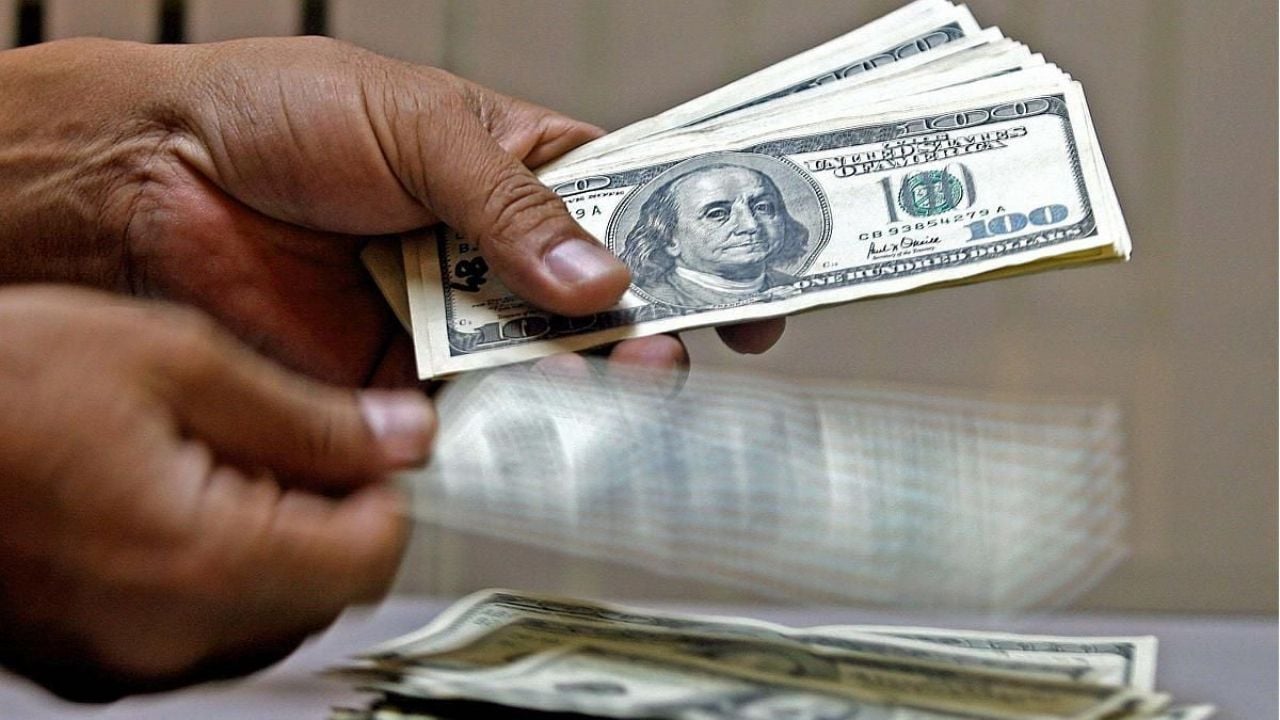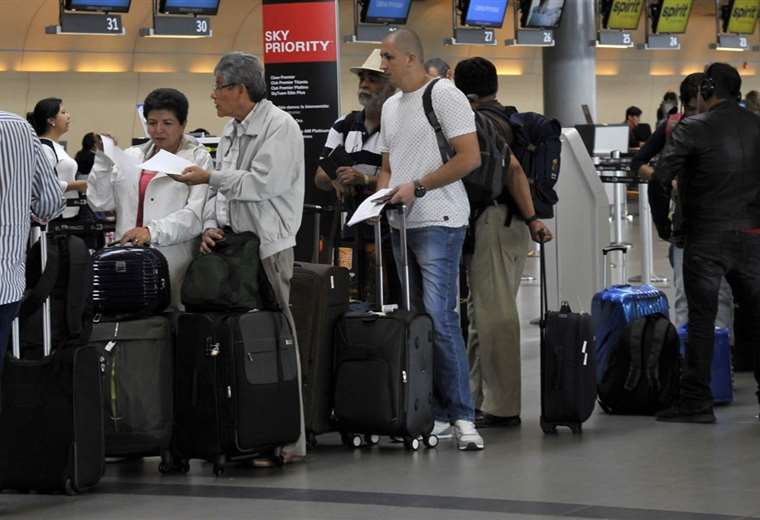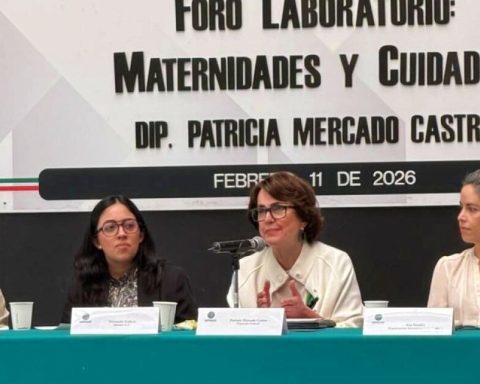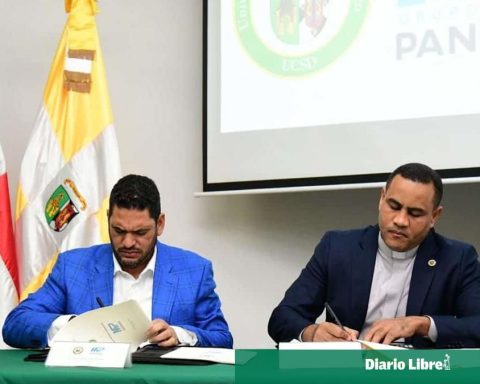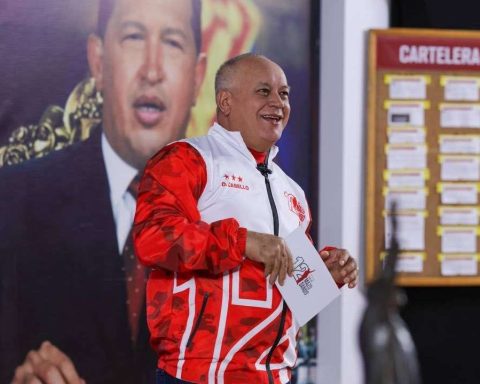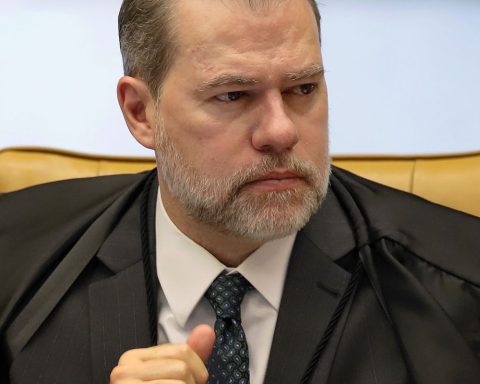On Tuesday, December 10, the price of dollar blue and the official dollar in Argentina showed significant differences, reflecting the complexity of the exchange market in the country.
He dollar blue, which is traded in the informal market, was quoted at $1,065 for sale and $1,035 for purchase. On the other hand, the official dollar, available in banks and exchange houses, was quoted at $1,036 for sale and $996 for purchase.
The exchange gap between the blue dollar and the official dollar was approximately 5%, highlighting the substantial difference in the prices of both currencies. This gap is a reflection of demand and supply in different markets, as well as the economic policies implemented by the government..
In addition to the blue and official dollar, other types of dollars also showed significant variations. The counted dollar with settlement (CCL) was quoted at $3.50, while the stock market dollar (MEP) operated at $327.94.

Fountain: Dollar Today.
The country risk fell 200.3% to stand at 737 points, indicating a perception of greater risk in the financial market. He dollar solidarity, which includes the 30% PAIS Tax, was quoted at $1,347 pesos, while the savings dollar, with a 35% surcharge, was quoted at $1,709 pesos.
He dollar card, used for purchases and payments in foreign currency, was quoted at $1,813 pesos. In the economic context, the Central Bank of the Argentine Republic (BCRA) purchased US$165 million in the official exchange market, contributing to a positive balance of US$21,875 million in the BCRA’s coffers.

Price
International reserves reached US$31,618 million, showing an effort to stabilize the economy and strengthen reserves. This Wednesday, December 11, the dollar blue is trading at $1050 to buy and $1070 to sell. Meanwhile, the price of the official dollar is quoted at $996.50 for purchase and $1036.50 for sale..
The exchange market in Argentina has been a topic of great relevance in recent years, especially with the implementation of economic policies by the government of Javier Milei. Since his inauguration, Milei has promoted reforms to slow inflation, reduce country risk and equalize exchange rates. These measures have had a significant impact on the financial market and currency exchange rates.
follow us on Google News and on our channel instagramto continue enjoying the latest news and our best content.
